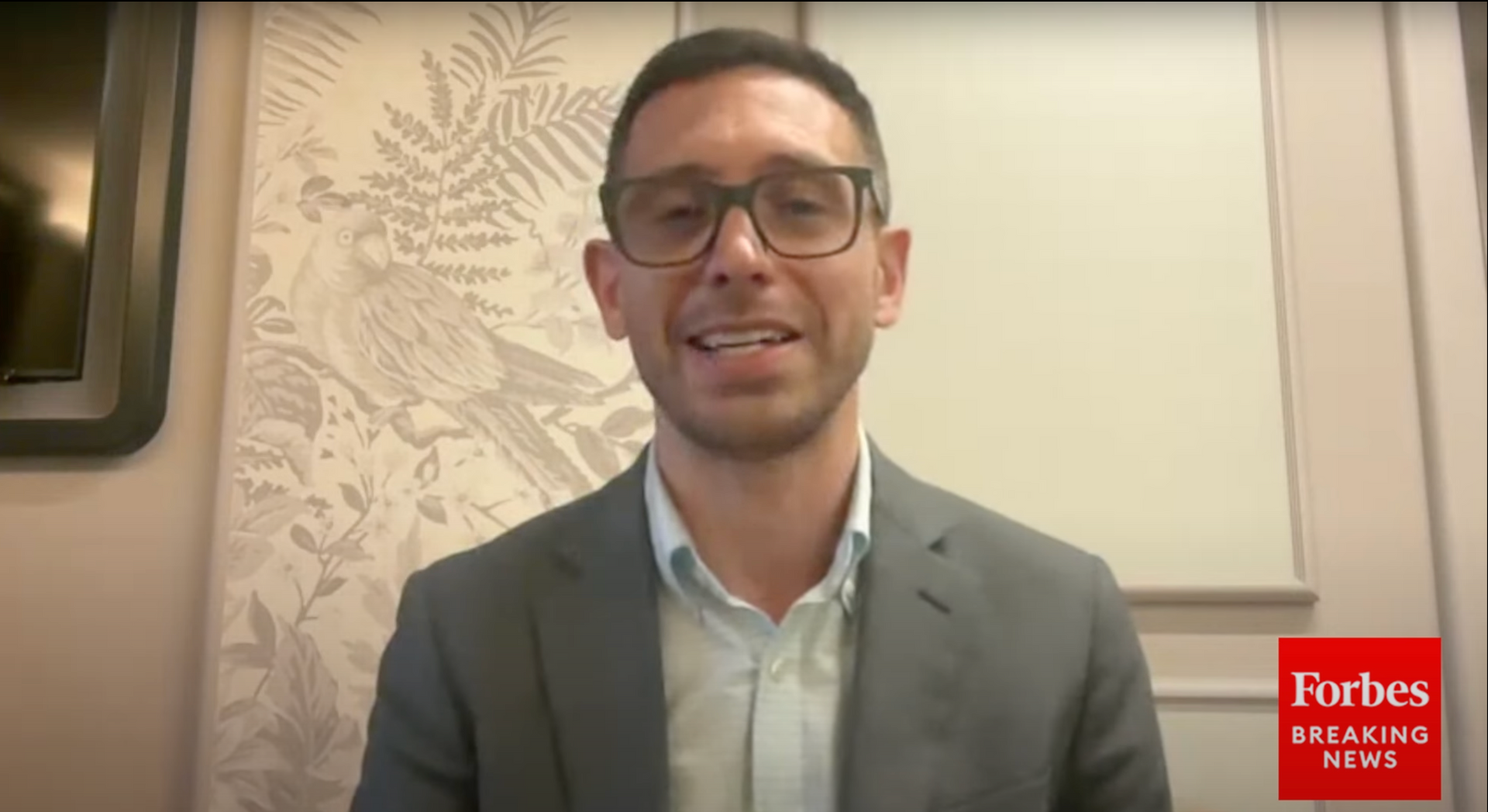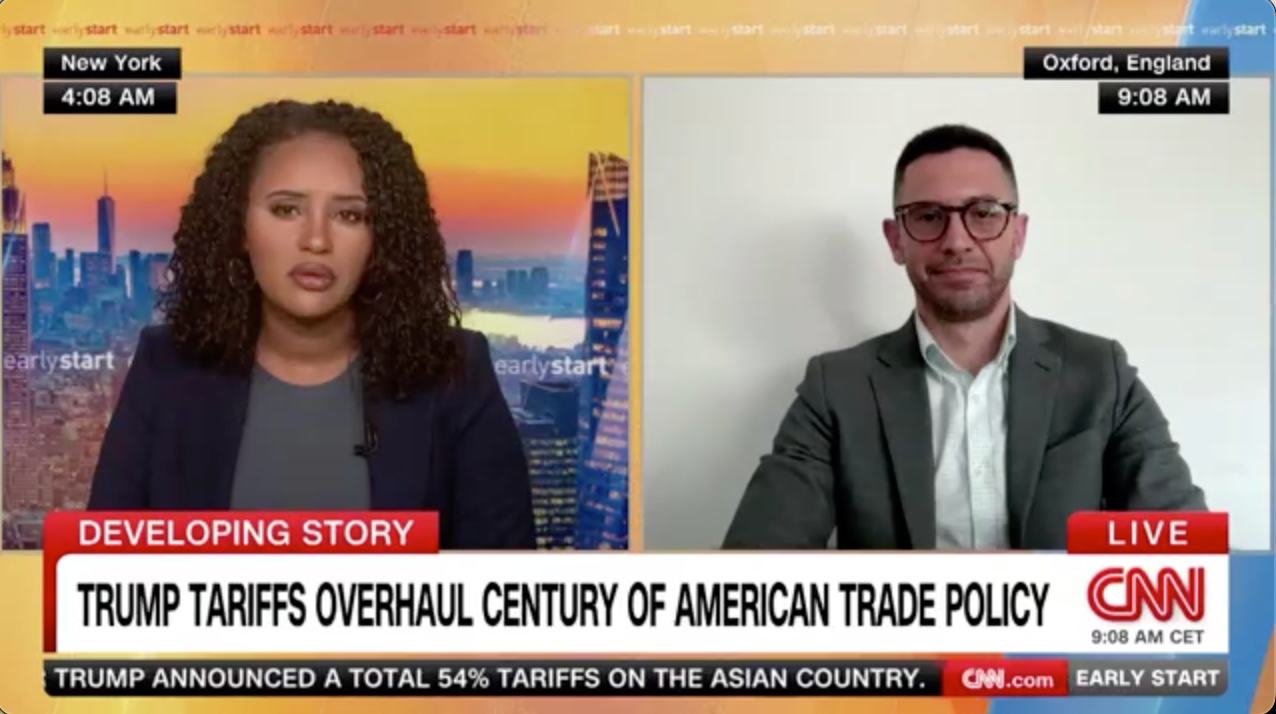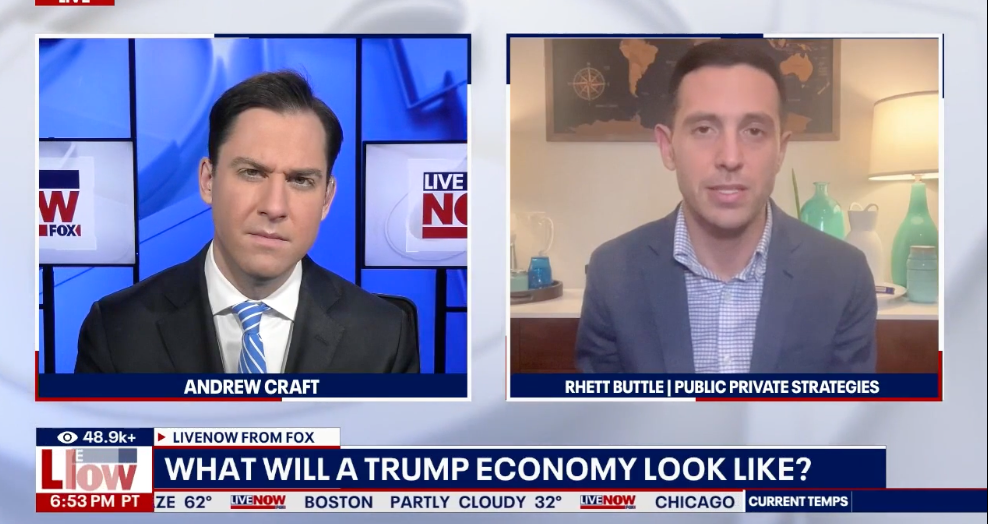We Need The U.S. Postal Service To Deliver For Small Businesses—And Our Economy
Rhett Buttle • August 25, 2020
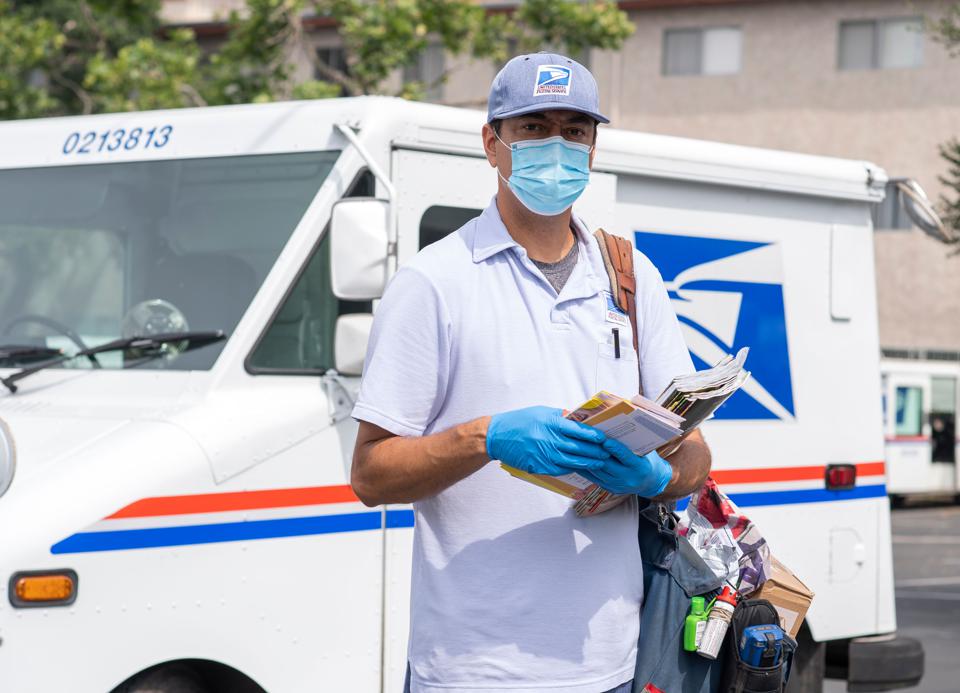
AFP via Getty Images
On Saturday, the House of Representatives voted to approve legislation to block recent operational changes at the U.S. Postal Service and grant $25 billion in emergency funding. This morning, as Postmaster General Louis DeJoy follows up his Friday Senate testimony with another round of questions from the House Oversight and Reform Committee, America’s small businesses should be top of mind. Under DeJoy’s short tenure, the U.S. Postal Service has implemented several changes—including new restrictions on overtime hours, fewer trucks on the road, and the removal of mail sorting machines and collection boxes across the country—that have resulted in a “crippling backlog”
of mail. And small businesses are paying the price.
A strong postal service is crucial to our economic recovery post-Covid-19. Without it, small businesses—the backbone of our economy—cannot innovate and adapt to this new reality. These businesses are a vital customer for the USPS: According to the agency’s own data, in 2013 small businesses generated $9 billion
of revenue for the USPS—about 14% of its annual operating revenue. Small businesses are part of what enables the USPS to generate an average of $236 million in revenue each day, all while only one percent of its annual budget is subsidized via federal appropriations.
Small businesses, in turn, rely on the U.S. Postal Service. A 2019 report
found that 70% of microbusinesses (fewer than 10 employees) had utilized the USPS within the previous six months. During the pandemic, the USPS has become even more crucial. In a May 2020 Harris poll, Americans ranked the USPS as the most “essential” company amid the COVID-19 pandemic. With most of the nation stuck at home, between April and June of this year, overall package volume increased by about 50%
from last year. Savvy small business owners have pivoted to digital
storefronts as brick-and-mortar shopping continues to be complicated, if not impossible. And these newly online merchants depend on the speed, reliability and cost effectiveness of the USPS.
Now, these businesses—already battling to stay afloat—can’t even rely on the mail. Recently, the National Small Business Association polled its members and found that 60%
have experienced serious shipping delays through the USPS. These delays deliver yet another blow to small businesses that are doing everything they can think of to survive this crisis.
While Fedex, UPS and other private carriers offer an alternative, they’re typically not as cost effective
for small businesses operating on thin margins. This makes it even harder for Mom and Pop shops to compete with big box stores—particularly Amazon, which has its own shipping service. Anecdotally, some small businesses have even had to lay off workers
to make up for increased shipping costs over the last couple months.
Even with all the media attention on postal service delays, consumers—who have become accustomed to faster and faster delivery
over the last several years—are likely to blame businesses themselves for late shipments. Small businesses that are the most vulnerable, such as those that are micro-sized, located in rural areas or owned by women or minorities, will feel the most acute impact. In fact, online retail marketplace Etsy recently wrote an open letter
encouraging Congress to provide emergency funding for the U.S. Postal Service. Ninety-one percent of Etsy’s 2.8 million sellers use USPS to ship their products to consumers—83% of them are women-owned, sole proprietor businesses, and they will suffer greatly from a continued backlog in package delivery. With so many Americans out of work or subject to reduced hours, these extra income streams are more important than ever.
It’s not only the small business-consumer relationship that’s impacted by the slowed operations of the USPS. Small businesses also depend on regular mail delivery for paychecks, important paperwork, goods and supplies and mail-based advertising. As these items are delayed, costs for small business owners will increase. For example, checks arriving late to vendors mean small businesses may have to pay late fees, or even check cancellation and bank wire fees if checks are lost in the mail.
Fortunately, in a a bipartisan vote on Saturday—with 26 Republicans joining the Democrats—the House approved $25 billion in emergency COVID-19 funding to keep the USPS afloat, as well as create a process to plan for the long-term solvency of this vital public service. Obviously, the stakes are high. We have veterans awaiting
their prescription medication, half a million seniors facing
delayed Social Security checks and the possibility that mail-in ballots may not arrive
in time for the upcoming presidential election. All of these items are crucial to the well-being of our nation.
If we hope to recover from the pandemic-related downturn, it’s also crucial that we bolster small businesses with all the support they need—from capital to workforce protection to, yes, a viable and efficient postal service.
This piece originally appeared in Forbes on August 24, 2020. You can view it online here.
Rhett Buttle is the founder of Public Private Strategies, Executive Director of the Small Business Roundtable, Founder of the NextGen Chamber of Commerce, a Senior Fellow at The Aspen Institute, and a contributor for Forbes.
WANTING MORE NEWS? SIGNUP TODAY
Contact Us
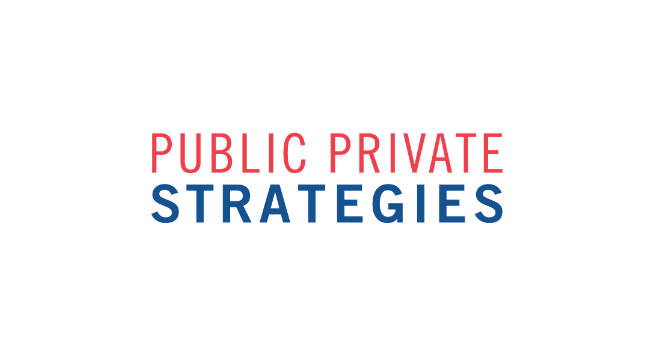
*This article was written by Scripps News Staff. President Joe Biden announced that the government will cover 100% of Hurricane Helene cleanup costs for the next several months to pay for the urgent work to clear the mud, remove downed trees and provide temporary housing. The federal support comes as residents in multiple Southeastern states are still struggling to return to normal following last week’s storm that killed over 200 people. Katie Vlietstra Wonnenberg, a small business advocate and political strategist, said it is going to take a significant amount of time to finish the cleanup, no matter how hard the federal government works. Read the entire piece on Scripps News.

WASHINGTON, D.C. – This month marks the anniversary of two pivotal pieces of legislation that are helping fuel a small business boom, the CHIPS & Science Act and the Inflation Reduction Act. Over the past four years, there has been a historic growth of American entrepreneurship across the country, with over 18 million new business applications filed, each one an act of hope and optimism in our economic future. This small business boom is fueled by investments like the Inflation Reduction Act and the CHIPS & Science Act. Rhett Buttle, Founder and CEO of Public Private Strategies, released the following statement: “As we mark the two-year anniversaries of the CHIPS & Science Act and the Inflation Reduction Act, the positive impact across the business landscape, and particularly for entrepreneurs, is unmistakable. The CHIPS & Science Act is fueling entrepreneurship opportunities by dedicating over $50 million to help develop new ideas and technologies to strengthen domestic semiconductor production and supply chain. “The Inflation Reduction Act has helped lower costs for workers and consumers, driving up demand for small businesses across the country. The healthcare provisions of the Inflation Reduction Act alone are saving millions Americans an average of $800 per year on health insurance premiums. These investments have helped fuel America’s small business boom, including a record 18 million new small business applications filed over the past four years. “We have more work to do to address the issues that business owners have consistently said are their top priorities, from lowering health care and prescription drug costs to expanding and streamlining contracting opportunities for small employers to strengthening and protecting American democracy . We remained committed to working with business leaders to address these challenges and ensure these investments are implemented effectively to grow economies and support communities all across the country.” ### About Rhett Buttle Founder & CEO, Public Private Strategies President, Public Private Strategies Institute Senior Fellow, The Aspen Institute Rhett Buttle is an entrepreneur, advocate, and one of the most trusted leaders at the intersection of business and policy in Washington, DC. He has worked for President Biden, Vice President Harris, President Barack Obama, Secretary of State Hillary Clinton, and Governor Arnold Schwarzenegger in government and campaign roles. Rhett is the founder of Public Private Strategies (PPS) and President of the Public Private Strategies Institute (PPSI), which works to bring together the public and private sectors to build coalitions, activate campaigns, and create strategic partnerships to drive policy and market outcomes. In these roles, he advises leading policy makers, foundations, nonprofits, and corporations. In addition to PPS and PPSI, he has helped found the Small Business Roundtable, Small Business for America’s Future, and the Next Gen Chamber of Commerce. He is also a Senior Fellow at the Aspen Institute and a regular contributor to Forbes, where he writes on the intersection of business, policy, and politics. Rhett has also been featured in The New York Times, CNN, The Wall Street Journal, and several other business publications. About Public Private Strategies Public Private Strategies (PPS) creates opportunities where the public and private sectors meet. We bring together diverse allies including foundations, associations, corporations, small businesses, and entrepreneurs to solve pressing societal challenges. By harnessing the power of the private sector, we build coalitions, activate campaigns, and create strategic partnerships to drive desired policy and market outcomes. Learn more at www.publicprivatestrategies.com .

WASHINGTON, D.C. – This month marks the anniversary of two pivotal pieces of legislation that are helping fuel a small business boom, the CHIPS & Science Act and the Inflation Reduction Act. Over the past four years, there has been a historic growth of American entrepreneurship across the country, with over 18 million new business applications filed, each one an act of hope and optimism in our economic future. This small business boom is fueled by investments like the Inflation Reduction Act and the CHIPS & Science Act. Rhett Buttle, Founder and CEO of Public Private Strategies, released the following statement: “As we mark the two-year anniversaries of the CHIPS & Science Act and the Inflation Reduction Act, the positive impact across the business landscape, and particularly for entrepreneurs, is unmistakable. The CHIPS & Science Act is fueling entrepreneurship opportunities by dedicating over $50 million to help develop new ideas and technologies to strengthen domestic semiconductor production and supply chain. “The Inflation Reduction Act has helped lower costs for workers and consumers, driving up demand for small businesses across the country. The healthcare provisions of the Inflation Reduction Act alone are saving millions Americans an average of $800 per year on health insurance premiums. These investments have helped fuel America’s small business boom, including a record 18 million new small business applications filed over the past four years. “We have more work to do to address the issues that business owners have consistently said are their top priorities, from lowering health care and prescription drug costs to expanding and streamlining contracting opportunities for small employers to strengthening and protecting American democracy . We remained committed to working with business leaders to address these challenges and ensure these investments are implemented effectively to grow economies and support communities all across the country.” ### About Rhett Buttle Founder & CEO, Public Private Strategies President, Public Private Strategies Institute Senior Fellow, The Aspen Institute Rhett Buttle is an entrepreneur, advocate, and one of the most trusted leaders at the intersection of business and policy in Washington, DC. He has worked for President Biden, Vice President Harris, President Barack Obama, Secretary of State Hillary Clinton, and Governor Arnold Schwarzenegger in government and campaign roles. Rhett is the founder of Public Private Strategies (PPS) and President of the Public Private Strategies Institute (PPSI), which works to bring together the public and private sectors to build coalitions, activate campaigns, and create strategic partnerships to drive policy and market outcomes. In these roles, he advises leading policy makers, foundations, nonprofits, and corporations. In addition to PPS and PPSI, he has helped found the Small Business Roundtable, Small Business for America’s Future, and the Next Gen Chamber of Commerce. He is also a Senior Fellow at the Aspen Institute and a regular contributor to Forbes, where he writes on the intersection of business, policy, and politics. Rhett has also been featured in The New York Times, CNN, The Wall Street Journal, and several other business publications. About Public Private Strategies Public Private Strategies (PPS) creates opportunities where the public and private sectors meet. We bring together diverse allies including foundations, associations, corporations, small businesses, and entrepreneurs to solve pressing societal challenges. By harnessing the power of the private sector, we build coalitions, activate campaigns, and create strategic partnerships to drive desired policy and market outcomes. Learn more at www.publicprivatestrategies.com .

